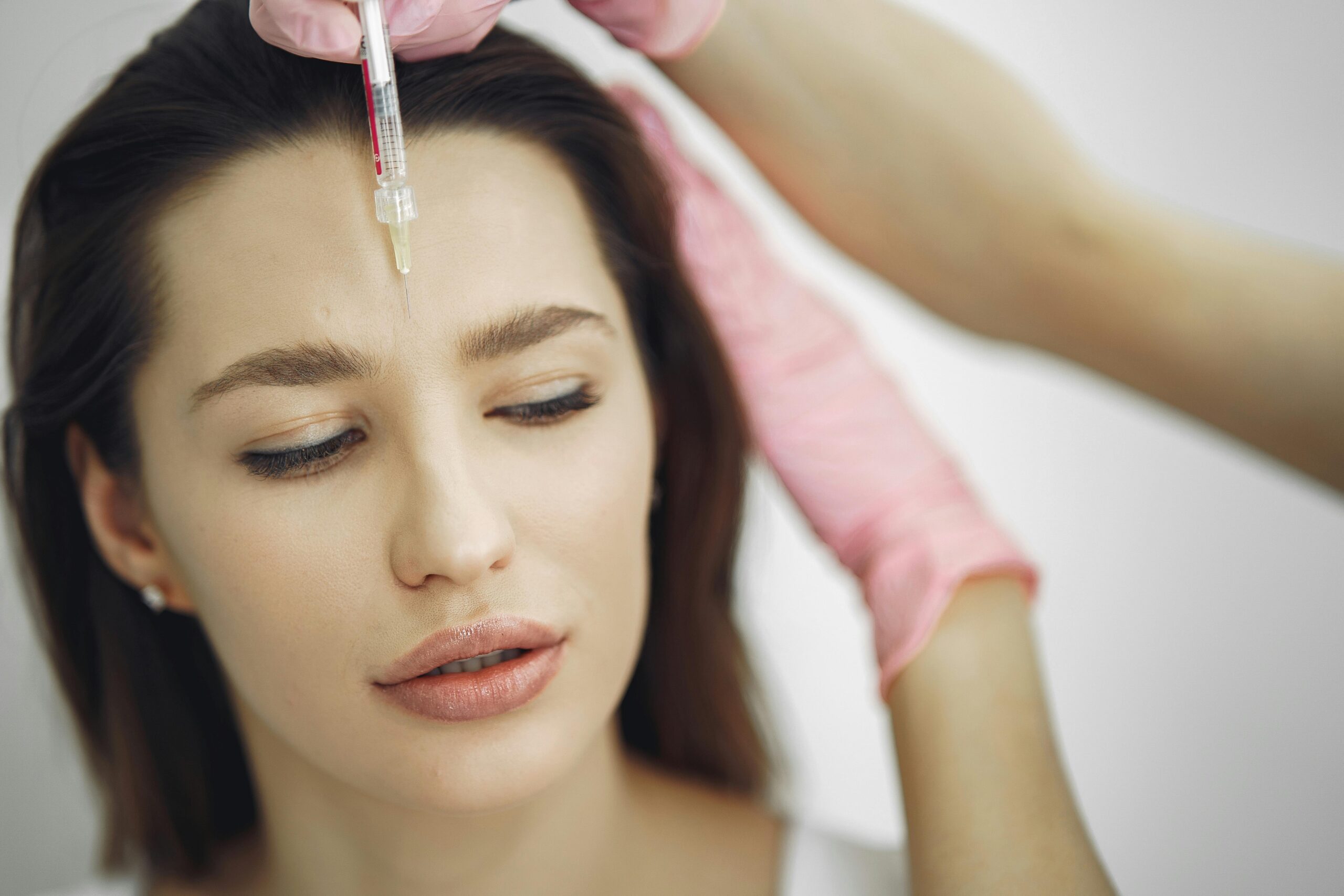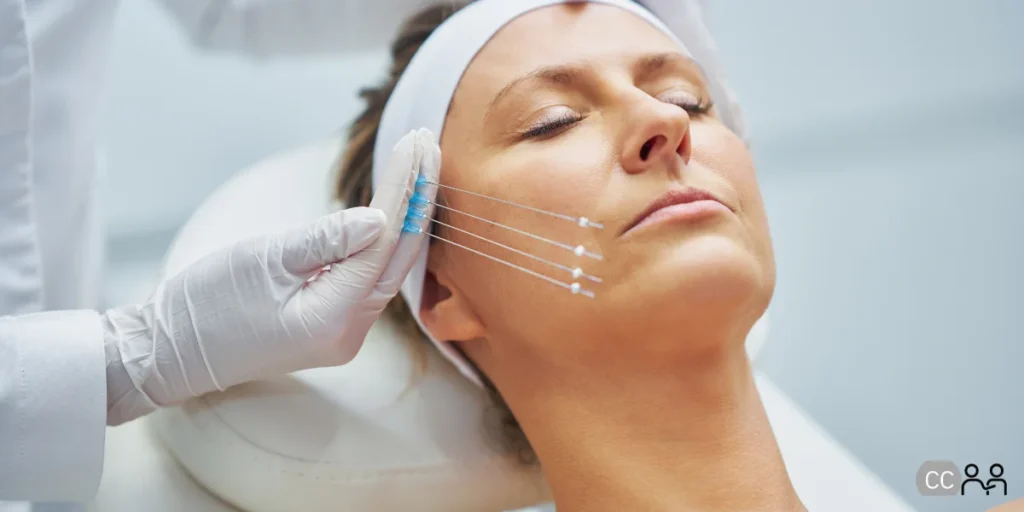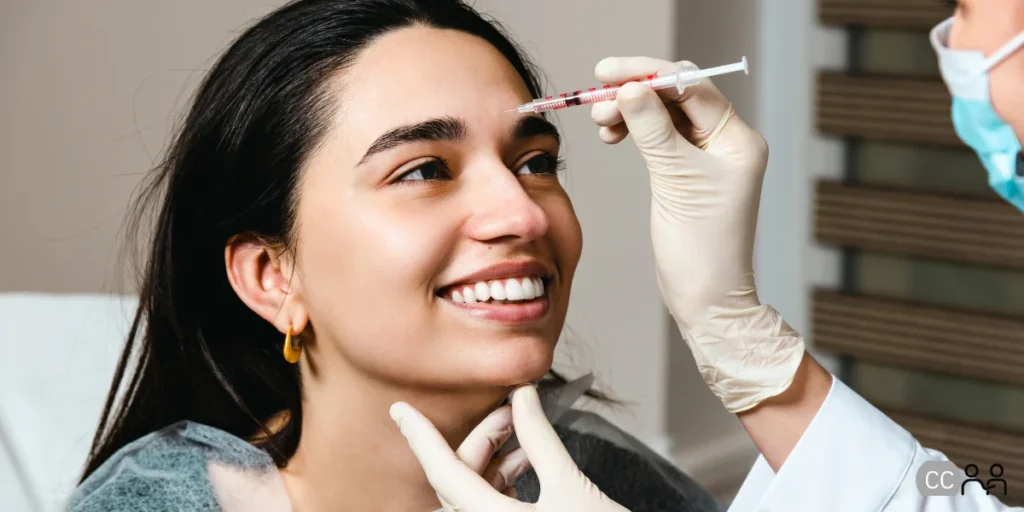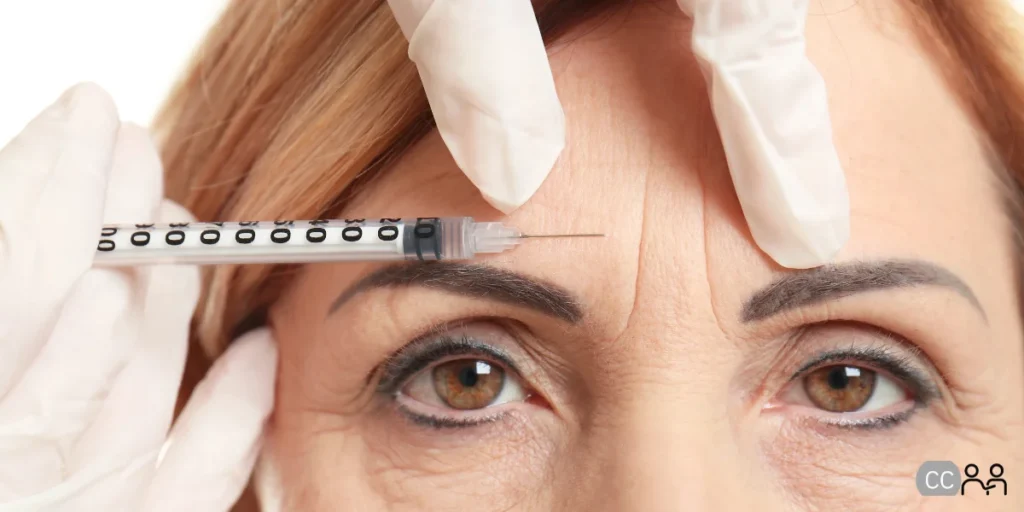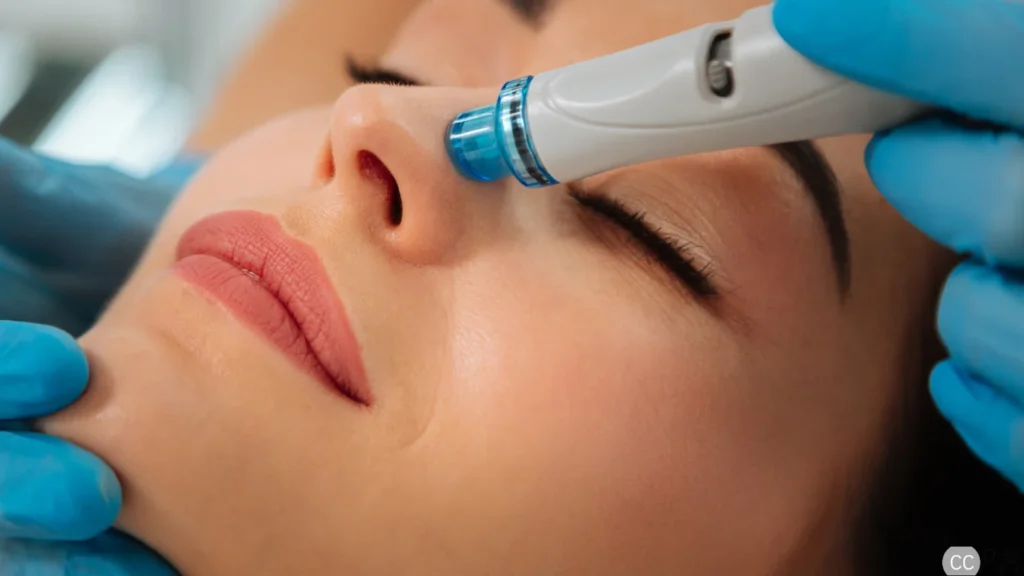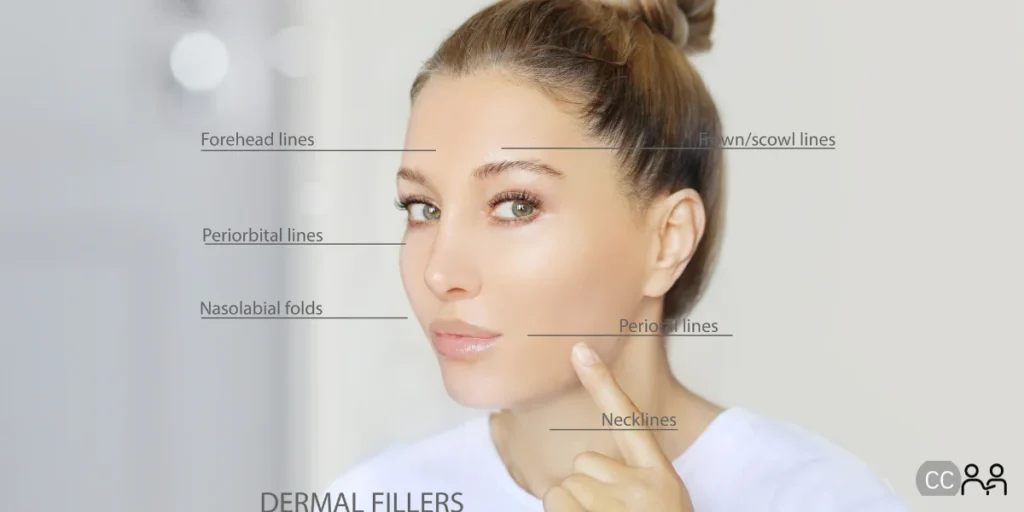Botox is a household name, synonymous with youthful appearances and a host of medical benefits. Whether it’s smoothing wrinkles or providing relief from chronic migraines, Botox has become a versatile tool in both cosmetic and medical fields. Yet, many worry about its potential side effects, particularly headaches. Could this be something you need to prepare for? Let’s dive in.
Understanding Botox and Its Mechanism
What is Botox?
Botox is essentially a purified form of botulinum toxin, derived from a bacterium called Clostridium botulinum. Initially feared for its toxic nature, scientists uncovered its potential to paralyze specific muscle groups temporarily. Since then, Botox has been harnessed for a range of uses, revolutionizing both beauty treatments and medical therapies.
How Does Botox Work?
Botox works by blocking signals from nerves to muscles. When injected, it prevents the targeted muscle from contracting, thereby softening or eliminating wrinkles and alleviating specific medical conditions like muscle tension and excessive sweating.
Common Uses of Botox
In the realm of cosmetics, Botox is widely used to reduce face wrinkles and fine lines. Medically, it treats chronic migraines, muscle stiffness, excessive underarm sweating, and even certain types of eye disorders. Its dual nature makes it a prominent treatment choice.
Headaches as a Potential Side Effect of Botox
Incidence of Headaches Post-Botox
Headaches after Botox are not that common, but they can occur. Studies show that a small percentage, around 1-9% of patients, report headaches as a side effect post-treatment.
Duration and Severity of Headaches
Generally, when headaches do occur, they are mild and short-lived, often resolving within 24 to 48 hours. Some patients might experience more pronounced symptoms, but severe headaches are quite rare.
Types of Headaches Experienced
Headaches triggered by Botox can vary in form. Tension-type headaches and migraines are among the potential types. However, these conditions frequently resolve or reduce in intensity with time and proper management.
Factors Contributing to Headaches After Botox
Injection Site and Technique
The location and precision of Botox injections play a pivotal role in side effects. Incorrect technique or sensitive areas might lead to discomfort or headaches in some individuals.
Individual Patient Factors
Personal health history, including pre-existing conditions or sensitivity, can influence how someone reacts to Botox. It’s essential to have a thorough medical consultation before proceeding with treatment.
Botox Dosage and Frequency of Treatment
Higher dosages or more frequent injections could increase the likelihood of headaches. A balanced approach tailored to individual needs is crucial for minimizing risks.
Managing and Preventing Headaches After Botox
What to Do if You Experience a Headache
If you find yourself with a headache post-Botox, simple remedies like hydration, rest, or over-the-counter pain relief can be effective. Following up with your healthcare provider ensures the best course of action tailored to your specific case.
Preventive Measures
Discussing proper dosage and injection sites with your specialist can prevent headaches. Additionally, adhering to all pre-treatment and post-care instructions will reduce the chances of experiencing this side effect.
Most Common Questions and Answers
- Can Botox make headaches worse if you already have migraines?
Generally, Botox is used to treat migraines rather than exacerbate them. Talk to your healthcare provider for personalized advice. - Are headaches a common side effect of Botox?
No, headaches are considered a relatively rare side effect, occurring in a small percentage of cases. - What should I do if my headache persists?
Contact your healthcare provider if headaches persist or are severe, to rule out other potential causes and determine the best treatment.
Conclusion
In the world of Botox, headaches can occur, but they are typically mild and temporary. They affect a small fraction of individuals and often resolve quickly. Whether you’re considering Botox for cosmetic or medical purposes, keeping an open dialogue with your healthcare provider is key to managing any potential side effects. Remember, tailored professional advice will always be your best companion on this journey.

